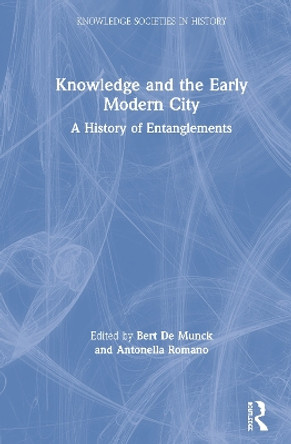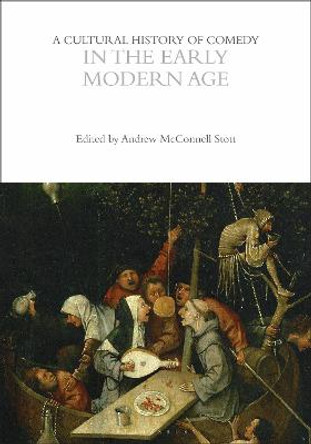Winner of the 2020 PROSE Award for Multivolume Reference/Humanities In the early modern age technological innovations were unimportant relative to political and social transformations. The size of the workforce and the number of wage dependent people increased, due in large part to population growth, but also as a result of changes in the organization of work. The diversity of workplaces in many significant economic sectors was on the rise in the 16th-century: family farming, urban crafts and trades, and large enterprises in mining, printing and shipbuilding. Moreover, the increasing influence of global commerce, as accompanied by local and regional specialization, prompted an increased reliance on forms of under-compensated and non-compensated work which were integral to economic growth. Economic volatility swelled the ranks of the mobile poor, who moved along Europe's roads seeking sustenance, and the endemic warfare of the period prompted young men to sign on as soldiers and sailors. Colonists migrated to Europe's territories in the Americas, Africa, and Asia, while others were forced overseas as servants, convicts or slaves. The early modern age proved to be a "renaissance" in the political, social and cultural contexts of work which set the stage for the technological developments to come.
A Cultural History of Work in the Early Modern Age presents an overview of the period with essays on economies, representations of work, workplaces, work cultures, technology, mobility, society, politics and leisure.
A thematic overview of work and its role in and impact on Western society and politics in the period from 1450 to 1650.About the AuthorBert De Munck is Full Professor at the University of Antwerp, Belgium. He is the author of
Technologies of Learning: Apprenticeship in Antwerp from the 15th Century to the End of the Ancien Regime (2007). He is also the co-editor, along with Steven Laurence Kaplan and Hugo Soly, of
Learning on the Shop Floor: Historical Perspectives on Apprenticeship (2007) and, with Anne Winter, of
Gated Communities? Regulating Migration in Early Modern Cities (2012).
Thomas Max Safley is Professor of Early Modern European History at the University of Pennsylvania, USA. His most recent work includes
Family Firms and Merchant Capitalism in Early Modern Europe (2019), as author, and
Labor Before the Industrial Revolution (2018), as editor.
Book InformationISBN 9781474244879
Author Professor Bert De MunckFormat Hardback
Page Count 232
Imprint Bloomsbury AcademicPublisher Bloomsbury Publishing PLC
Weight(grams) 620g









